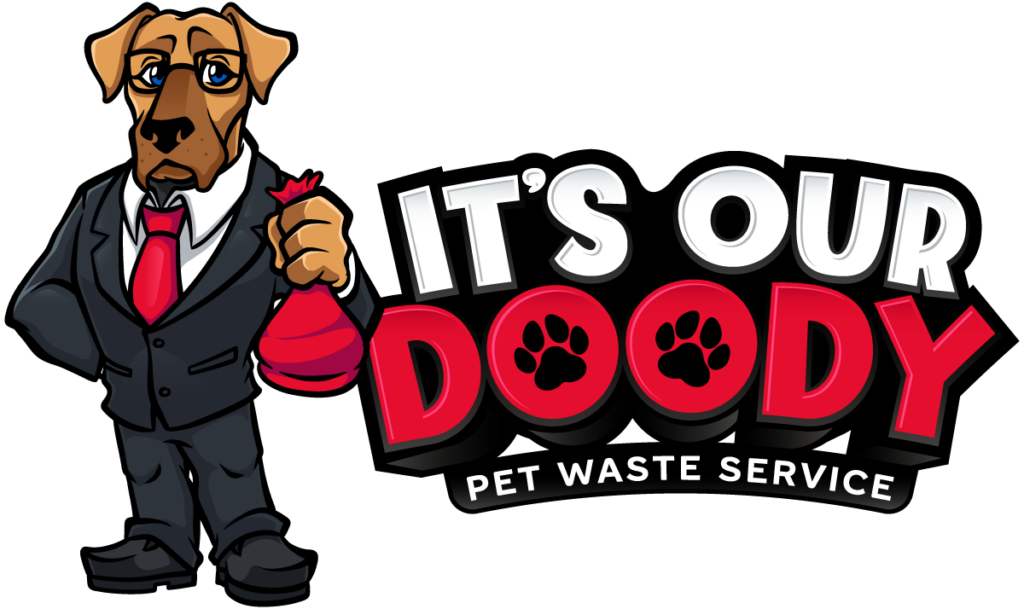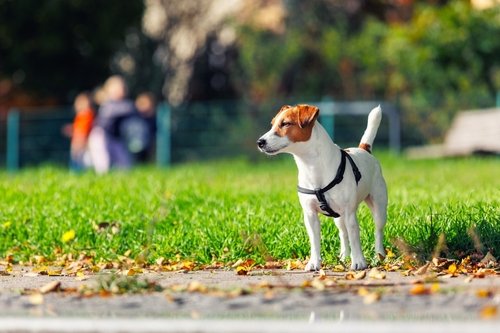Few things are more stressful for a dog owner than realizing their dog has run away. Whether it happens suddenly or gradually, a dog leaving home can be frightening, confusing, and dangerous.
Understanding why dogs run away is the first step toward preventing it and keeping pets safe.
While every dog is different, most runaway situations stem from a combination of instinct, environment, and unmet needs. This is especially true in growing suburban areas across North Texas where distractions and changes are common.
Common Reasons Dogs Run Away
Natural Instincts and Curiosity
Dogs are naturally curious animals. Strong scents, unfamiliar sounds, or visual stimuli can trigger an instinct to explore.
Once a dog follows a scent or distraction far enough, they may lose their sense of direction or become unable to find their way back home. Even well-trained dogs can be influenced by instinct when something exciting captures their attention.
Boredom and Lack of Stimulation
Dogs that don’t receive enough physical exercise or mental stimulation are more likely to seek excitement elsewhere.
Boredom can lead dogs to look for ways to entertain themselves, and escaping the yard or home may become one of those outlets. Regular walks, playtime, training, and interaction help reduce the desire to roam.
Fear, Anxiety, and Loud Noises
Loud noises such as thunderstorms, fireworks, or nearby construction can cause panic in dogs.
When frightened, dogs may try to escape whatever they perceive as a threat, even if it means leaving familiar surroundings. In fast-growing North Texas communities, unexpected noise and activity can increase anxiety-related escapes.
Mating Instincts
Unneutered or unspayed dogs are more likely to run away in search of a mate.
Hormonal instincts can override training and routine, leading dogs to roam far from home. Spaying or neutering significantly reduces this behavior and lowers the risk of runaway situations.
Changes in Environment or Routine
Dogs thrive on consistency. Changes such as moving to a new home, adding new pets, or shifts in family schedules can cause confusion or stress.
In some cases, dogs may attempt to return to familiar locations or seek comfort elsewhere when they feel unsettled.
Inadequate Containment or Supervision
Faulty fences, open gates, or unsecured doors provide easy opportunities for dogs to escape.
Even small gaps or brief moments of inattention can result in a dog slipping away. Regular inspections and supervised outdoor time help reduce accidental escapes.
How to Prevent Dogs From Running Away
Prevention starts with understanding and meeting your dog’s needs. Helpful steps include:
- Providing regular exercise and mental stimulation
- Maintaining secure fencing and closed gates
- Using identification such as tags and microchips
- Keeping dogs spayed or neutered
- Reducing anxiety triggers when possible
- Supervising outdoor time
Consistency, structure, and attention go a long way in keeping dogs safe and close to home.
Paws For Thought
Dogs don’t run away out of disobedience or lack of love. In most cases, they are responding to instinct, fear, boredom, or confusion.
By recognizing these factors and addressing them proactively, pet owners can greatly reduce the risk of their dog running away.
For many families, creating a safe, predictable environment paired with care, routine, and engagement helps dogs feel secure, confident, and content at home.

